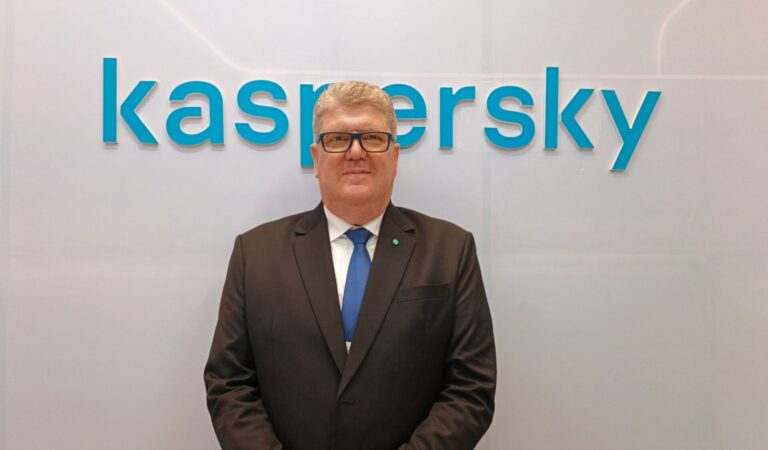Secure Software Supply Chain: The New Cybersecurity Battlefield

In this new age of technology, the software supply chain is the new battlefield for cybersecurity attacks. With the adoption of open-source libraries, third-party integrations, and cloud dependency, the ecosystem of the software is under threat at record heights.
Steve Adodo, the seasoned software developer who dedicated his professional career to hardening the development of software, dedicated his life to hardening the software supply chain so the applications and infrastructure businesses rely on become impenetrable to the ever-changing attacks.
Not only did his security-first engineering efforts harden enterprise-level software architecture, but it contributed to adhering to an even broader trend protecting the digital infrastructure driving the global economy today.
Software supply chains are now more complex than ever with increased reliance on third-party libraries, external API calls, and CI/CD pipelines.
Steve is aware that securing these dependent components requires an innovative approach beyond standard vulnerability scan and patching.
With the knowledge to bring security to every step in the software development lifecycle so security is never an afterthought but integrated into the development process, he has managed to include automated security testing, dependency scan, and real-time threat detection into enterprise development pipelines.
This method guarantees every security vulnerability is identified and fixed prior to it being used in the production environment.
One of the things Steve’s worked on is software provenance—tracing every piece of software back to its verified and trusted source. He’s worked on cryptographic signing of the artifacts so only authenticated and verified code ends up in production.
When attacks on the supply chain like the SolarWinds hack to grab headlines were making the news, it’s become necessary that such integrity is no longer optional but the only option.
Steve’s advocated for the use of Software Bill of Materials (SBOM) practices in the development pipelines so organizations can get an open and transparent view into the software dependencies. That allows security teams to identify and fix the risk due to outdated or vulnerable components in a timely manner.
Along with hardening code at the code level, Steve has also remained busy preventing security vulnerabilities in deployment environments.
Hardening Kubernetes-based applications against privilege escalation, runtime attacks, and misconfigurations, Steve has made notable contributions to container security.
Thanks to his secure container orchestration efforts, organizations have been able to deploy applications without even thinking about it, with the assurance that cloud-native applications are protected against new security surfaces.
With the implementation of policy-based security measures, he has helped organizations enforce compliance and reduce the attack surface in new infrastructure.
As cyberattacks evolved, Steve remained one step ahead by leveraging artificial intelligence and machine learning to fortify security vulnerabilities in software supply chains.
His anomaly detection research enabled real-time detection of malicious activity during the build process to prevent supply chain attacks from reaching production environments.
Behaviour model-based analysis for the detection of unauthorized repository tampering effectively eliminated insider attacks and code injection attacks. With the use of AI-based threat intelligence in CI/CD pipelines, Steve empowered organizations to get in front of the attackers, rendering the process of creating software an impenetrable defense mechanism and not an attack vector risk.
Besides technical work, Steve is equally an ardent proponent for cybersecurity awareness among development teams.
He even delivered training workshops on secure coding principles to instruct engineers on secure coding right from the initial stage. For him, secure software supply chain security is more than putting tools into the field; it is security-focused development as part of the overall culture.
Under his mentorship and leadership, he was able to make the security aspect the first priority for the engineers, and security principles thus became entrenched in every line of code written.
The software supply chain is no longer the technical challenge it once was—a business imperative is what it is now.
Steve Adodo’s efforts in this area have shown that protecting modern software ecosystems is a matter of wedded innovative technology, rigorous processes, and relentless pursuit of improvement.
As businesses navigate the changing cybersecurity landscape, his efforts have set a standard by which software engineers can be more at the forefront of securing digital assets.
The new frontier of cybersecurity has finally arrived, and thanks to the efforts of experts like Steve, organizations are now more prepared to secure their software supply chains from the threats ahead.







